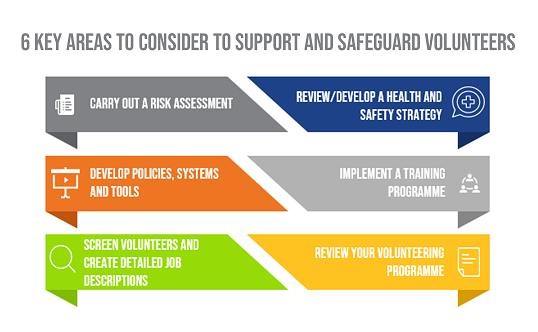Supporting and Safeguarding volunteers during COVID-19. Where do I start?
Although Volunteers Week may be slightly different this year because of COVID-19, millions of people have provided continued support for their community as we continue to navigate this crisis.
The ongoing Coronavirus outbreak has had a significant impact on a variety of businesses, due to the shortage of volunteers, furloughing staff and lack of essential protective equipment.
With so many people keen to support their community during this unsettling time, there are a number of considerations and processes that you should consider and have in place to ensure effective management and safeguarding of these volunteers as well as complying with government advice and regulation.
The first important step is to identify and assess potential risks that may arise when managing volunteers, which should then must be implemented into your organisation as part of a plan to manage and mitigate the risks.
To provide you with a starting point, our risk management team have outlined six key areas to consider below;
Carry out a risk assessment
- Identify the potential dangers, risks or problems that might arise because of or related to the volunteer involvement.
- From this, you can create a Risk Management Plan which must be communicated to all members of the organisation.
- Consider whether your organisation has the appropriate insurance in place to cover the activities of your volunteers.
- Understand how to handle safeguarding concerns if a volunteer tells you a vulnerable person is being harmed or is at risk of harm.
Develop policies, systems and tools
- This can include written policies and procedures, volunteer handbooks and forms of risk assessments and incident reporting.
- Other forms of assessment to consider are Health and Safety Policy, Safeguarding Policy, Data Protection Policy.
Screen Volunteers and Create Detailed Job Descriptions
- This provides a useful framework for both the volunteer and the volunteer manager and clearly defines the role and expectations on both sides and is a useful reference point for both parties.
- Normally there is a robust process in place to select volunteers for different roles, but this may be difficult given the current restrictions in place because of COVID-19. As a minimum, you should be looking to gather some information on the volunteer to determine their suitability.
- Consider methods that may not have been used before Covid-19 but have now become the norm. This might include Video meetings on several well known platforms such as Microsoft TEAMS, Zoom or a telephone interview using Apps such as WhatsApp.
Review/Develop a Health and Safety Strategy
- Ensure that staff are safe, upskilled and prepared.
- Volunteers should only offer their time if they are well and showing no COVID-19 symptoms or have been in contact with others who have symptoms.
- Ensure that volunteers have access to everything they need to carry out their activities such as essential PPE equipment, if necessary.
- Guarantee that the volunteer’s activity complies with government guidance on social distancing. Updates can be found by visiting: https://www.gov.uk/volunteering/coronavirus-volunteering
Implement a Training Programme
- Hold an induction to help volunteers become familiar with your organisation, for example the history, ethos and structure of the organisation. Inductions should also cover your health and safety policy and if volunteer’s will be handling other people’s personal data, you will need to cover data protection too.
- Training programmes should be designed to guarantee that everyone is equipped with the knowledge to implement and support the procedures listed in your plan. In some cases, this may involve upgrading existing training or developing a new training module.
- Training can be offered in a variety of forms and at different times such as one-to-one sessions, ongoing coaching, group volunteer meetings and peer support from other volunteers. Although these may usually take place in a face-to-face setting, they may need to be adapted to be compliant with the social distancing measures and could take place via video conferencing or a phone call.
- Ensure that as part of the volunteer’s training that they have access to a Volunteer handbook, written guidance on specific tasks or activities, an information pack or even online resources to help them fulfil their duties.
Review your Volunteering Programme
- Review and record-keeping are both essential parts of a risk management approach. Documenting what you’re doing and monitoring its effectiveness should be built in to the system. It is essential to evaluate to activities of volunteers to determine what is working well and what isn’t working well.
If you have any questions or comments on the contents of this article, we are more than happy to answer them for you. Please click below to send your message to our team.








